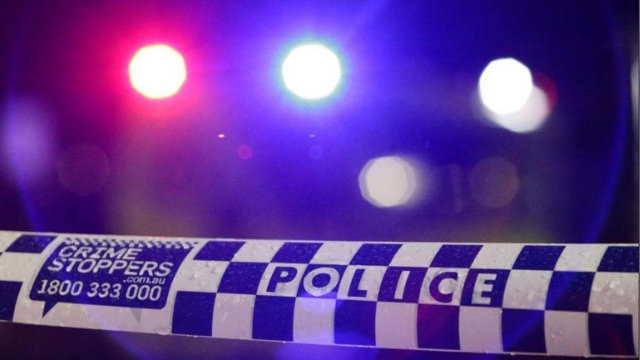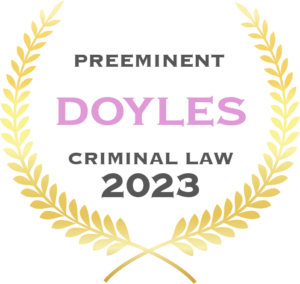As of 1 May 2020, up to two adults and their dependent children will be allowed to visit another household, to provide care or support. The definition of “care” has been broadened to include visiting friend and family for the benefit of mental health. What this rule means is that you may visit another person’s home if:
- you are one of no more than two adult visitors; and
- you are providing care or support.
This has not been extended to public places or other gatherings. As such, if you leave your place of residence you must still have a ‘reasonable excuse’ to do so. More information about this can be found in our recent blog post.
Enforcement Powers
The Public Health (COVID-19 Restrictions on Gathering and Movement) Order 2020 (The Order) raised concerns about the powers of NSW Police in enforcing the order.
Despite its name, is not a “public health order” under the Public Health Act 2010. Rather, it is a direction made under section 7, meaning Police have powers to act issues penalty notices and request certain information under the Act.
If you are approached by Police in relation to an alleged contravention of the Order, the following rights and obligations apply.
Do I have to provide police with my name and address?
Yes.
Under section 112 of the Public Health Act 2010, a police officer can direct you to provide your name and address if they suspect you have breached the Order, or you are the person in charge of the premises where the breach occurred.
Do I have to tell police the ‘reason’ I am not at my residence?
No.
There is no legal obligation to answer questions put to you by police or to provide the ‘reason’ you are out of your residence. The onus is on police to satisfy themselves that you do not have a reasonable excuse before deciding to issue you with a fine.
However, if you have a ‘reasonable excuse’ you should inform the police so they can be satisfied that you are not contravening the Order.
Can police issue on-the-spot fines for these offences?
Yes.
Police can issue an on-the-spot fine for breaching the directions. The fine is $1000 for individuals and $5000 for corporations.
The fine for spitting or coughing on a public official (which includes a police officer) is $5000.
Do police have to issue a fine?
No.
Issuing a fine is not mandatory and police have the discretion to take the most appropriate action given the circumstances of each individual case. In some circumstances, the police may decide to give you a warning instead of issuing a fine.
Can police arrest me if I do not follow a public health direction?
Yes, under certain circumstances.
If police suspect on reasonable grounds that someone has, or is committing an offence, they have the power to arrest.
However, they can only arrest if they are satisfied that the arrest is necessary (i.e. to prevent the further commission of the offence, to protect a person’s safety or welfare, or because of the seriousness and nature of the offence).
The power to arrest does not fall under the Public Health Act 2010. These powers are contained in the Law Enforcement (Powers and Responsibilities) Act 2002.
Key Takeaways
- As of May 1, 2020, NSW allows up to two adults and their dependent children to visit another household for mental health benefits.
- The Public Health Order grants NSW Police powers to enforce social distancing measures, including issuing fines for breaches.
- Individuals must provide their name and address if directed by police under suspicion of breaching the order but are not obliged to explain their reason for being outside their residence.
- On-the-spot fines can be issued for non-compliance, with $1,000 for individuals and $5,000 for corporations.
- Police discretion exists in issuing fines or warnings, and arrests can be made under certain conditions.
What is the maximum penalty a court can impose for these public health offences?
Instead of issuing you a fine, police may decide to either arrest you and/or issue you with a Court Attendance Notice requiring you to attend Court.
The Court may impose a higher maximum penalty than the police. The maximum penalty a court can impose for an individual is imprisonment for 6 months or a fine of up to $11,000 (or both); plus a further $5,500 fine each day the offence continues.
If you or someone you know needs advice on the new COVID-19 laws or representation due to an alleged breach, please contact the team at Hamilton Janke Lawyer 24 hours a day, seven days a week by calling 4038 1666.
Written By

James Janke
James Janke is founding partner at Hamilton Janke Lawyers, and has more then decade of experience as a Criminal Defence Lawyer. Admitted to both the Supreme Court of New South Wales and High Court of Australia



